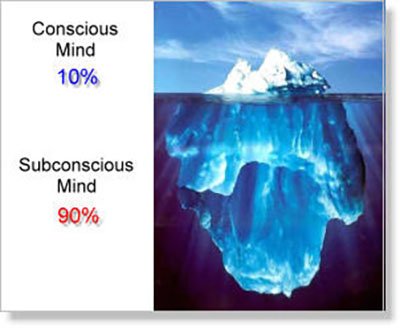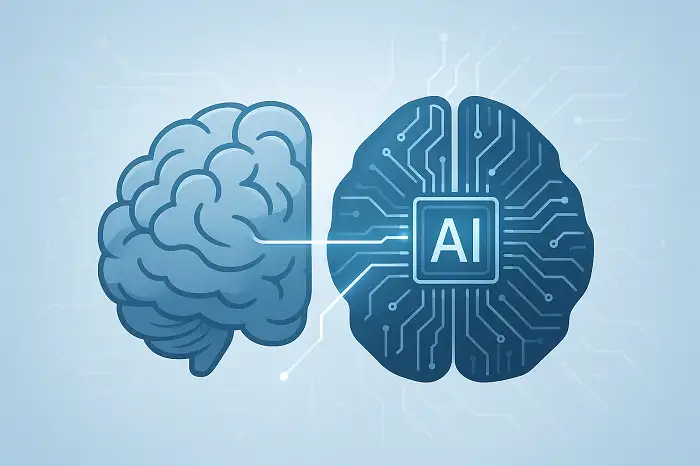Become familiar with the structure of your mind, an article written by Hajar Aziz Zanjani Three sections of mind according to Freud's idea The concept of three levels of mind is nothing new. Sigmund Freud created a useful model of the mind, which he separated into 3 sections – the conscious mind or ego, the subconscious mind, and the unconscious mind. 1: Conscious mind Your conscious mind is your objective or thinking mind. It has no memory, and it can only hold one thought at a time. This mind has four essential functions: identifies, comparison, analysis and deciding. The conscious ...
Home » Reading Practice in English » The Structure of Your Mind

The Structure of Your Mind
Updated: by Hajar Aziz Zanjani
Time to Read: 5 minutes | 354 Views | No Comments on The Structure of Your Mind
Share This Post
About the Author
Hajar Aziz Zanjani is a professional Persian / Farsi teacher and full-time content developer in Farsi at LELB Society. She has published hundreds of original Persian lessons, created hundreds of Persian podcasts, and taught so many Persian students all around the globe. She's got an MBA degree and is an SEO expert.
Number of Posts: 244


